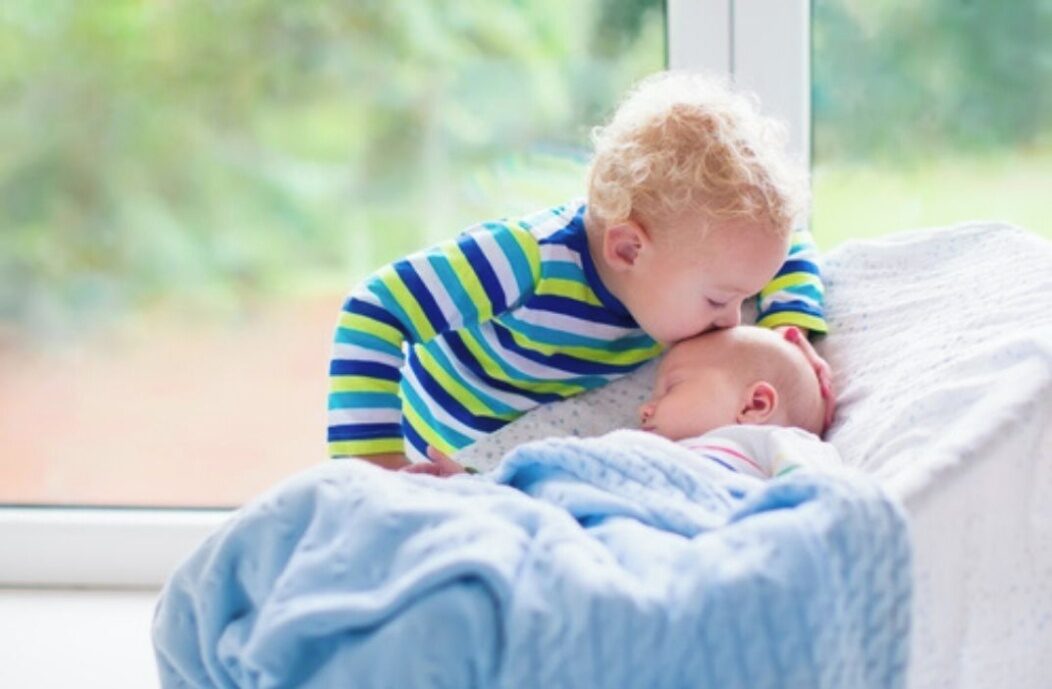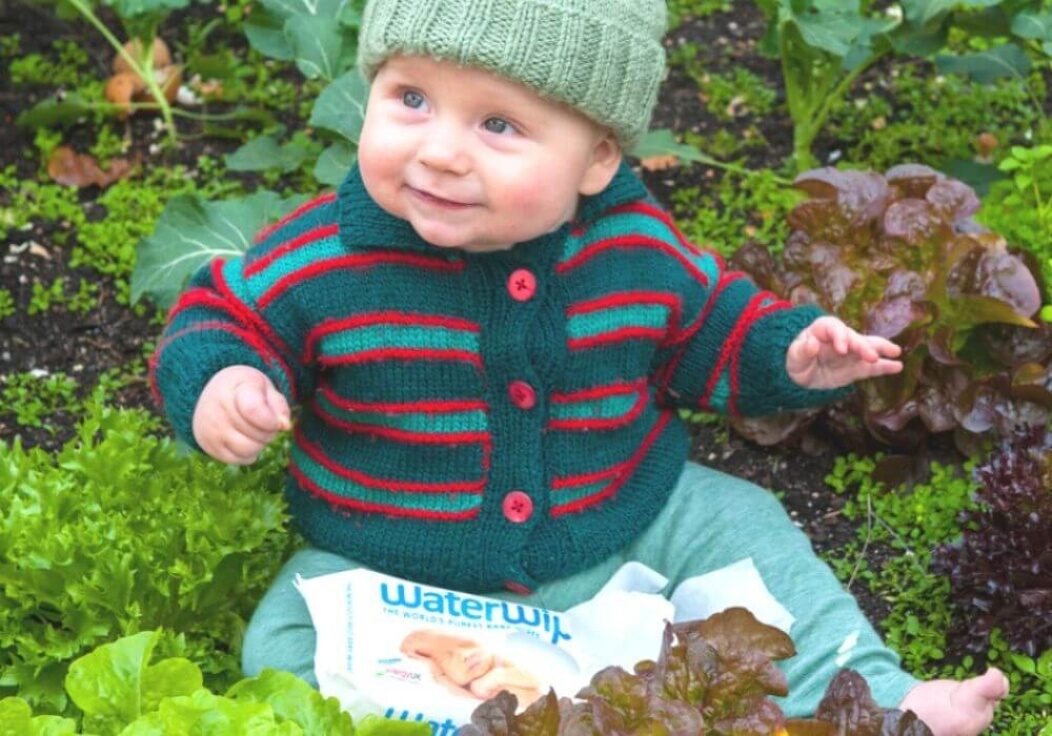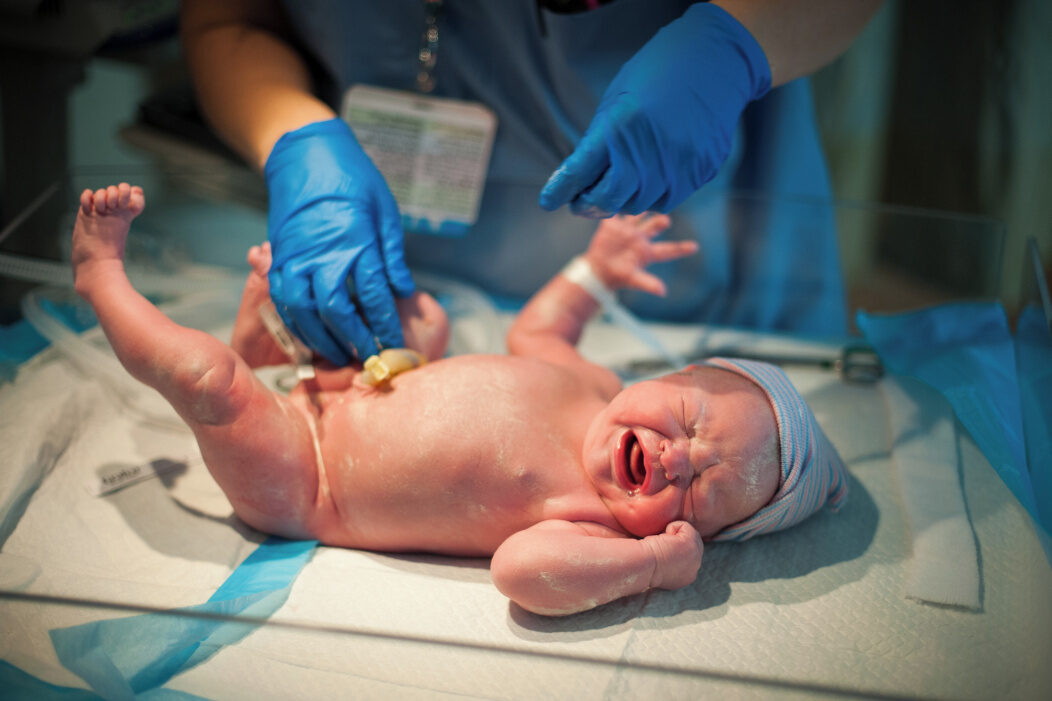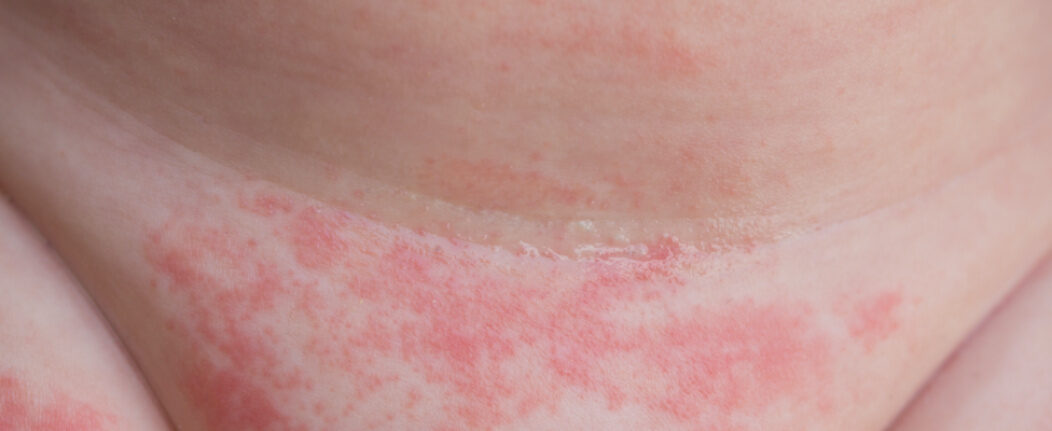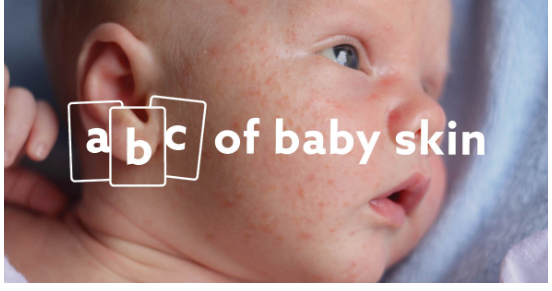It’s a huge milestone when your baby first begins to move around. Whether it’s crawling about the floor, pulling themselves up on the sofa or shuffling about in their own unique way, it’s fascinating to watch as a whole new world opens up before them.
But then, there’s germs. And suddenly, just like your newly mobile baby, they’re everywhere.
"We have a dog, and when my daughter first started crawling, I was paranoid about the germs."
babies and pets
“We have a dog, and when my daughter first started crawling, I was paranoid about the germs,” says Matilde, mum to three-year-old Ines. “In fact, when she first got a tummy bug I was convinced it was because our house wasn’t hygienic enough and burst into tears.”
But then, exploration and a level of freedom are essential for our babies too - it’s how they learn about the world around them – so it’s important well-meaning parents don’t stand in the way.
It’s a dilemma that every parent faces, but the good news is: you really don’t need to worry. Yes, babies will come into contact with germs, and yes: this will occasionally cause them coughs, colds and other viruses, but this is partly how they build up antibodies and develop a strong immune system.
germs on babies’ hands
"When it comes to baby hygiene, the key is to use common sense.
Let your baby crawl around the floor, but just make sure there’s nothing around she could put in her mouth, and clean surfaces regularly.
You don’t have to make her wear gloves if she’s crawling around the garden but do clean her hands and keep her nails short, plus wash your hands regularly and always after nappy changing, because ingesting faecal matter can make a baby ill. For the same reason, always keep toilet seats, flush handles and door handles clean.
Coughs and colds are natural, but if you know a family member has one, try and keep them from coughing or sneezing on your baby as it’s still not nice if your little one picks it up."
I would actually much prefer Ines to come into contact with everyday germs than harsh chemicals.



